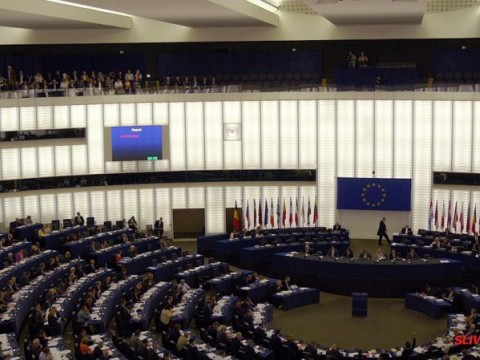
More funding needed to strengthen EU preparedness and response to natural disasters
EU to enhance adaptation and resilience in line with the Climate Law and the Paris Agreement
In past 30 years, floods affected 5.5 million people, caused 3,000 deaths, and more than EUR 170 billion in economic damage
MEPs are deeply concerned about the increasing intensity and frequency of extreme EU and global weather events, including large-scale floods, heatwaves, and wildfires
In a resolution on the devastating floods in Austria, Czechia, Germany, Hungary, Poland, Romania and Slovakia, approved on Thursday 19 September by show of hands, MEPs express dissatisfaction with recent budget cuts to the EU’s Civil Protection Mechanism. They call for sufficient and upgraded funding to increase preparedness and improve capacity building, with a particular view to the next multi-annual EU budget. They also want the EU Solidarity Fund to be “commensurate to the increasing number and severity of natural disasters in Europe”, urge the Commission to accelerate the mobilisation of funding to affected countries, and ask for other technical and financial support, such as cohesion policy instruments, to be made available.
In the long-term, the resolution calls for more EU investment in regional and local resilience and demands the future EU cohesion policy focus even more on climate change mitigation and adaptation.
Strengthen adaptation to climate change
MEPs want the Commission to present a European Climate Adaptation Plan quickly, including concrete legislative proposals, as announced in President von der Leyen’s political guidelines for the 2024-2029 Commission, to strengthen EU resilience, adapt to the impacts of climate change, and coordinate national actions on preparedness, planning and cross-border cooperation. They also highlight the need for urgent investment in flood management and flood risk prevention measures.
Background
In the past 30 years alone, floods in Europe have affected 5.5 million people, taking almost 3,000 lives and causing more than EUR 170 billion in economic damage. The summer of 2024 was the hottest on record globally and in Europe.
